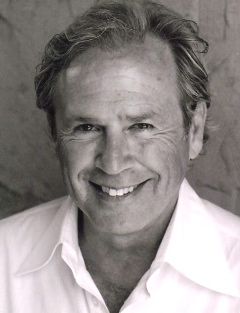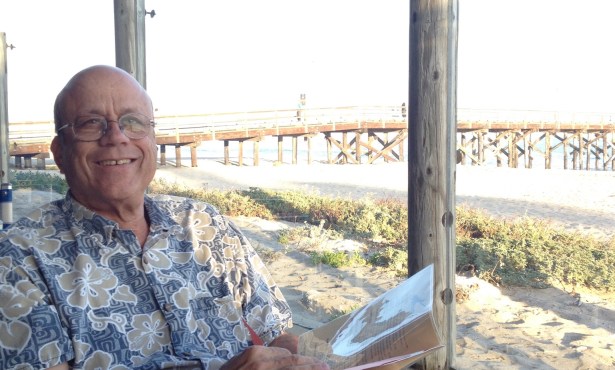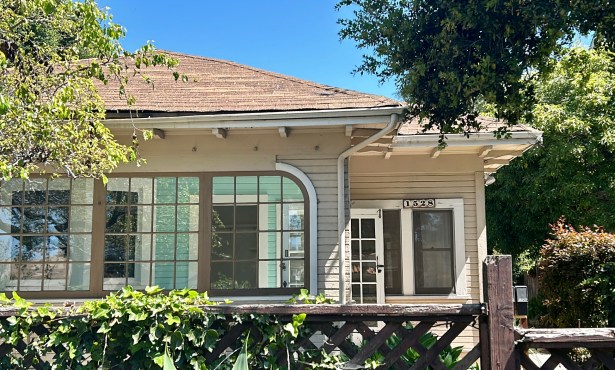Excessive Exercise
In our modern age, excessiveness is out, rehab is in. We’ve got programs to alleviate slavish dedications to booze, food, your abusive spouse, celebrity delinquency, sex, drugs, and even rock ‘n’ roll.
The one place where excessiveness is still tolerated in the “mature adult world” these days is exercising. That, I might add, is not a problem I have ever had, but I see many examples of it around me as midlife crises propel more and more of my kin into obsessively sweaty orgies at the gym. There is even a new diagnostic category being developed to address one version of this addiction- exercise bulimia -where binge eating is expunged by excessive exercising instead of barfing.

Wondering if my cynicism about such behavior is really just my guilt for not being turned on by sweating, I decided to find out: Is there such a thing as too much exercise?
Imagine my delight when I came upon this tantalizing quote from the bestseller, YOU: The Owner’s Manual, by Drs. Michael Roizen and Mehmet Oz: “The reality is that excessive exercise is like a category-five hurricane to your body. The more pounding you take-even if you aren’t a super athlete-the greater the chance the foundation of your house is going to be reduced to rubble.”
I checked this out further with Doug Holt, fitness professional and owner of S.B. Fitness Magazine. He basically agreed that exercising too much, or “overtraining,” can be bad at any age due to the risk of injury, but older bodies are more at risk.
According to Holt, older adults will tend to overreach when they take up fitness training, and this has specific consequences because of the physiological changes that take place in the body as we age. “There is a decrease in cardiac output [the amount of blood pumped with each beat] and aerobic capacity, as well as alterations in the nervous system, so that can increase the chance of overreaching since the body has to do more to recover,” he said.
It is important to know the signs of when you have over-exercised, said Holt: “If you can’t do more than you did last time you were exercising, that is typically a good indication you need to back off a bit. Also, having problems with sleeping, excessive muscle soreness that doesn’t go away in a few days, headaches, decreased appetite, depression, and moodiness are some of the more common signs we see.”
We all know that exercise-at least the right amount of it-is definitely healthy for our heart, weight, bone health, mood, energy, and sex lives, among other things. Besides, it just makes us feel virtuous and good about ourselves. So how can an aging gym bunny find the right balance of exercising but not “overreach”?
Jean Dillingham, a former pro tennis player and a lifelong athlete suggested “giving it a break,” referring to the attachment so many have with their almost obsessive exercise routines. “You need to change things up, instead of getting into a mindless routine. Do a dance class one day, a weighted workout class the next day, walk with a friend, hire a cute trainer to motivate you and give you new things to do.” Specifically, Dillingham advised cross training to give muscles used in repetitive exercises time to chill.
The doctors of YOU: The Owner’s Manual would no doubt concur with this as they make the point in their book that too much of any kind of exercise can be harmful: “The perfect workout program actually includes both weight-bearing and non-weight-bearing stamina activities, because cross training-that is, choosing different types of stamina exercises on different days-helps you use different muscles.”



